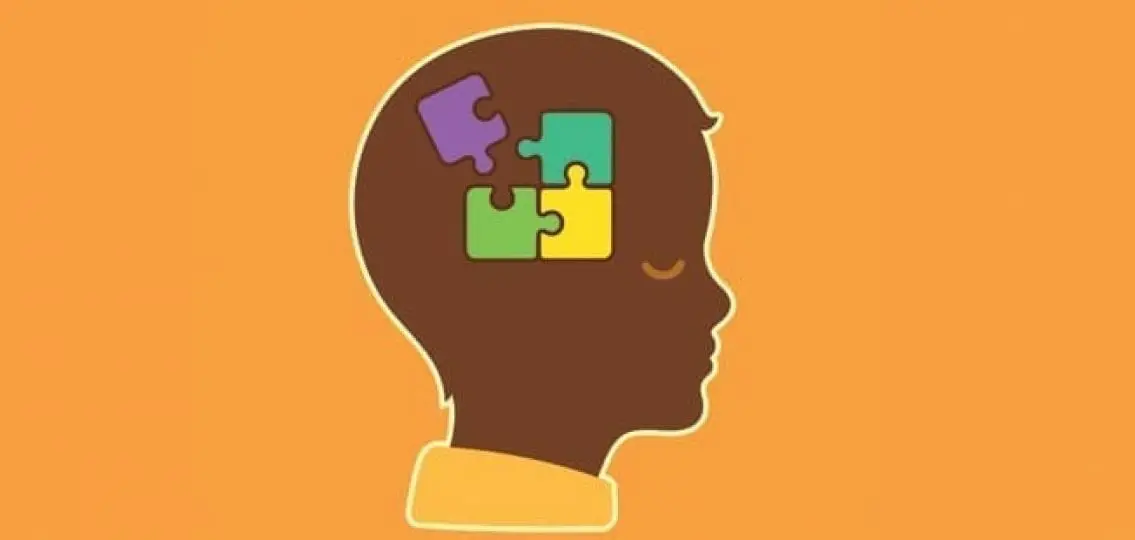The hip salesclerk at the cell phone store avoided looking in my direction. Seeing my heavyset, six-foot-tall, 17-year-old son constantly squish my cheeks while the sales clerk tried to give us a tour of the new smartphone was certainly an odd sight. I’m sure he didn’t know what to think.
The salesclerk was smiling and looking at my husband, who also looked a little bit uncomfortable. So my son quickly spoke up, “I know it’s weird when I do this, but aren’t my mom’s cheeks adorable?”
I’m Proud Of My Son With Autism
The guy laughed kindly and continued to show off the phone we were about to buy. My husband shook his head and shrugged pleasantly in defeat. My son squished my cheeks with less intensity now that he was less nervous, having talked about it. And me? I beamed with pride.
My son knew that it was his responsibility to decide how to explain himself, if he wanted himself explained. He didn’t apologize, but he did acknowledge his “weirdness.” He didn’t say, “I’m autistic, and I have a problem and have to squish my mom’s cheeks.” Instead he said, “I know it’s strange, but this is me. And it’s OK.”
My son doesn’t have a specific diagnosis, though professionals have offered him a few over the years. His favorite, the one he feels is most accurate and comfortable, is autistic. Likely because my brother—his uncle—is autistic, and my mom—his “Dramma” — is an international autism expert.
It’s been mostly wonderful having four sons, all of whom are unique. One who is especially so.
Dealing With The Struggles Of Autism
But it’s been heartbreakingly hard too. I won’t lie about that. Social challenges have made it difficult for my darling to feel likable. As he’s grown older, it’s grown drastically harder. He is hypersensitive to being judged (and he is often judged), and his strange habits become more necessary the more nervous he gets. Squishing cheeks, standing too close, and asking unusual and inappropriate questions are a few things he does when he’s uncomfortable. Which makes the judging bigger, so the discomfort grows and the strangeness takes over, and around we go.
My son has considered suicide, more than once. By his own admission, it’s the love he knows his brothers, his dad, and I have for him that stopped him. He wants to stop feeling emotional pain. He doesn’t want to cause it.
With the acceptance and love that always go hand-in-hand in our home, he knows he wants to live and thrive. With neurofeedback (biofeedback for the brain) and environmental changes (switching up his schooling) he knows that he can.
As his mom, I know that it’s my job (and privilege) to help my challenged son find the balance in being—and liking—himself while he discovers ways to present himself to the world so that they’ll see him and not just the strangeness.
It’s my job to help him; it’s my son’s job to do it. He has a big, important job.
My son made a temporary friend of the cool techy cellular phone guy. They laughed and shared quirks. Admittedly, my son had him beat by a quirk or two. What can I say? My boy’s totally quirky cool.
Our children with mental health challenges are truly struggling. They’re really hurting. But they’re trying, too. It’s worth the time we take to help them find that balance between accepting themselves and making changes. The world needs their insights as much as they need ours. Maybe more.
- An expert’s perspective on autism.
- One mom’s perspective on raising a son with autism.
- What one teenager says it’s like to have Asperger’s Syndrome.
- A teenager’s story of growing up with a brother who has autism.




